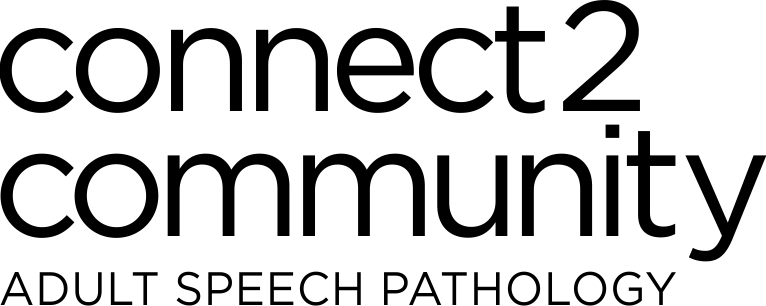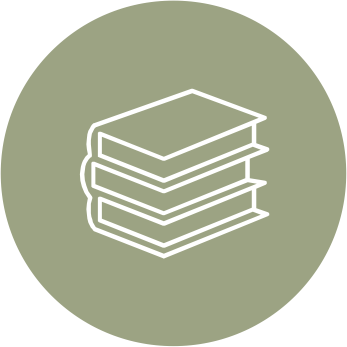

STROKE
What is a stroke?
A stroke occurs when a blood vessel in the brain is blocked or a when a blood vessel in the brain bursts and bleeds. In either case, cells in that part of the brain are damaged or die. The brain needs a constant supply of oxygen and nutrients to work well. When brain cells die, abilities and functions controlled by that part of the brain are lost.
There are two kinds of stroke
1. Ischaemic stroke happens when a blood vessel in the brain is blocked by a blood clot preventing blood and oxygen from reaching an area of the brain.
2. Haemorrhagic stroke occurs when a blood vessel in the brain bursts. Blood leaks into the brain like a bruise, injuring that part of the brain.
Each person affected by stroke will have different problems and different needs. How your stroke affects you depends on the area of your brain that is injured and the severity of the stroke. 60% of people who have had a stroke will develop a swallowing difficulty (dysphagia), while around 20% will have difficulty using speech (dysarthria or apraxia of speech). A further 30% of all people will have difficulty with expression or comprehension of spoken or written language (aphasia).
Communication and swallowing difficulties following stroke
Speech pathologists work with people who have had a stroke to manage the following conditions:
Aphasia
A language disorder caused by damage in a specific area of the brain (usually the left hemisphere) that controls language expression and comprehension.
Dysarthria
A speech disorder caused by weakness of the muscles used for speech breathing and speaking.
Apraxia of Speech
A speech disorder that affects the pathways of the brain that are involved in planning and coordinating the movements that are necessary for speech production.
Dysphagia
Difficulty with eating, drinking and swallowing.
Cognitive or thinking difficulties
Difficulty with any aspect of communication affected by disruption of cognition (how the person thinks, learns and remembers)
PHONE 0411 864 386
EMAIL info@connect2community.au
